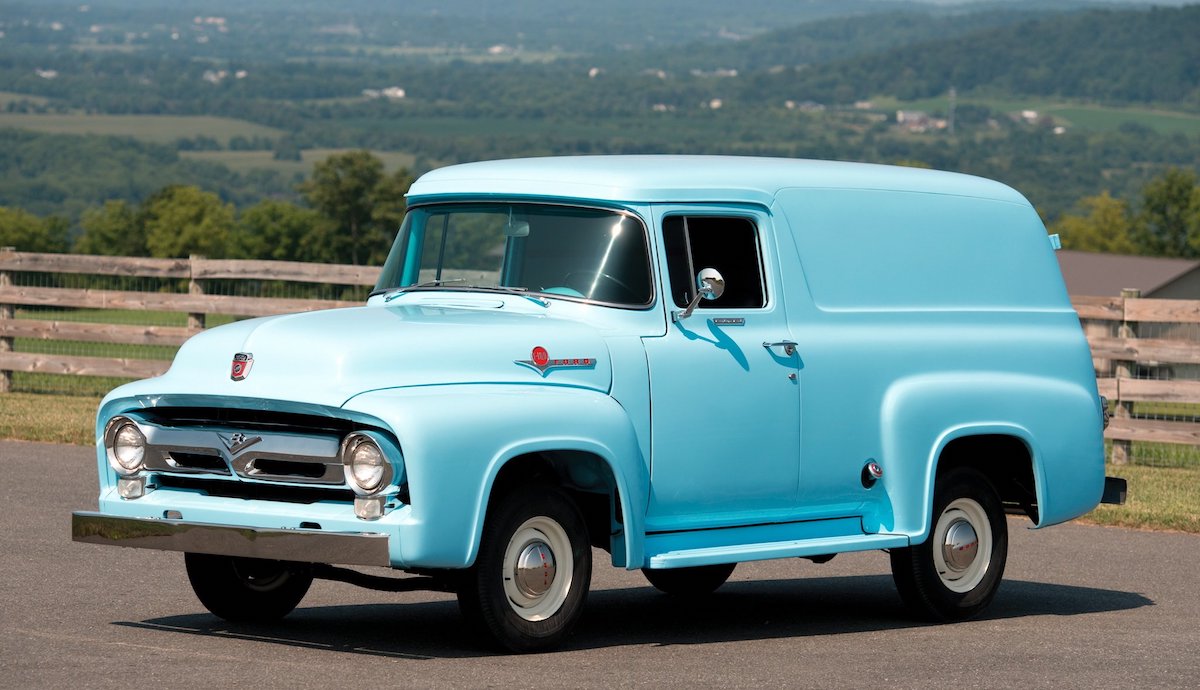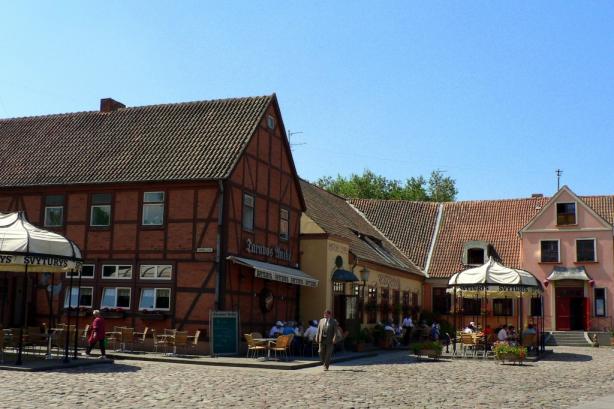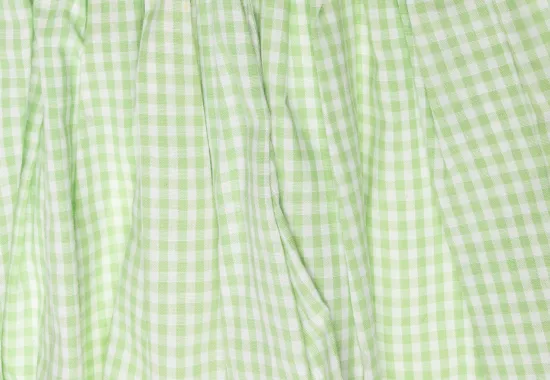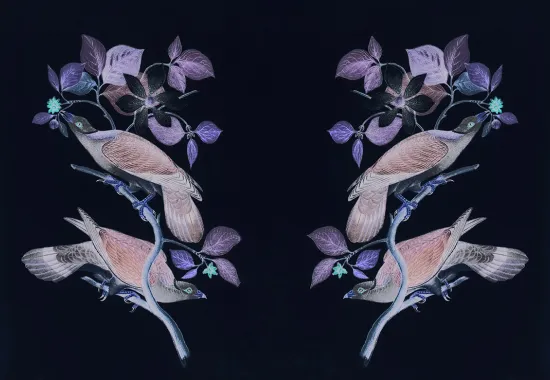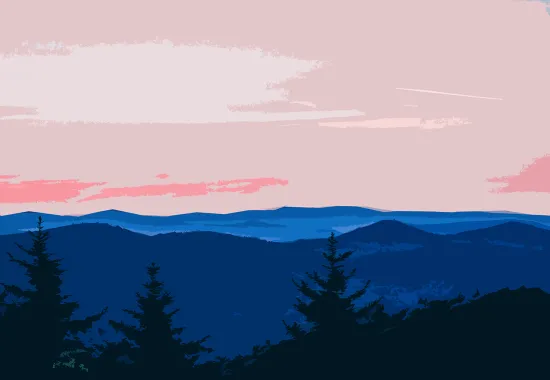Notes on "Brief History of Midwestern Civilzation"
“Brief History of Midwestern Civilization” clearly has its origins in nostalgia and memories of my beloved grandfather, who ran a series of hatcheries in central Illinois, the last in tiny Graymont, ten miles from the farm I grew up on. The warmth of those memories is complicated (I hope) by my adult awareness that what seemed a mundane, sometimes boring, arduous life on the prairie, filled with hard work and smelly chickens, was also quite secure and privileged in ways I took very much for granted.
The Ukraine material that enters near the end was triggered partly by meeting a young Ukrainian woman who visited my home town and university. My wife also has a (somewhat distant) Ukrainian connection—her grandparents on both sides, German-speaking Mennonites, fled what was then “the Ukraine” in the 1920s for Canada. The last lines of the poem also reflect my awareness of how stark and mechanized farming in the Corn Belt has become (Wendell Berry memorably called this region an “agricultural desert”). The farm culture has not died completely (my brother still runs the home place) but it has changed radically, and as the farms get bigger and bigger there is room on the land for many fewer of those big, messy farm families.
I spent the spring of 2015 on sabbatical, teaching at a small English-language university in Klaipeda, Lithuania, where awareness of the Russian/Ukrainian crisis was acute. The school has many students from both Russia and Ukraine, and while they generally get along very well, the tension and worry were as real as the financial havoc wreaked on many students by weakened currencies and sanctions. Memories of the Soviet occupation are still sharp and painful for many older Lithuanians, as the drab Soviet-era flats still dominate the Klaipeda skyline. Strangely, the landscape outside of town might have been my native Illinois or my adopted northwest Ohio—flat farmlands, gray-brown with winter—if not for the white trunks of the birch forests and the Baltic architecture of the farmsteads.
I wrote “Brief History” before leaving for Klaipeda, and I didn’t manage to visit Ukraine. I still wouldn’t claim to know much more about that complicated mess than the sketchy details in the poem, though I can add that I met some wonderful Russians and Ukrainians, none of whom seemed enthused about re-claiming more parts of the lost empire. We did have some fascinating conversations, and my students did some brilliant writing; without exception, they were much more at home in English than I was in any of their various languages.
Brief History of Midwestern Civilization
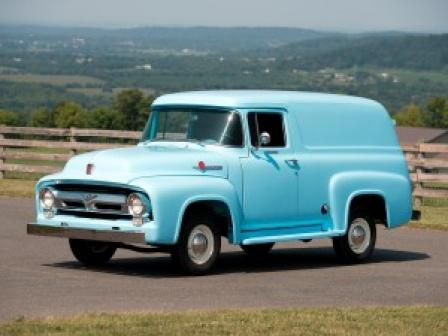 Provided by Jeff Gundy
Provided by Jeff Gundy
Grandpa’s Ford panel truck was powder blue
and held exactly six chicken coops, the wooden
kind that would hold fifteen or twenty
near-grown pullets, or the cardboard boxes
full of yellow chicks. We could get many more
in our red F-150, but if it rained they got wet.
Grandpa knew everything about chickens
and a whole lot about everything else, how
to buy ice cream, how to let me adjust
the heat in his car, also a Ford. He knew
how to do everything but keep his heart
beating, or what to do about the mess
in Ukraine, the oligarchs looting everything,
Putin riding smarmily along the border,
burning tires in Maidan and the hasty
barricades somehow proof against
the beetle-shelled riot police, the snipers
sent in from the north. And because
or in spite of all this the fields behind
our house sprawled out for miles,
peaceful as cows even when we got rid
of the cows, the fields bare and gray
in winter, the snow scoured off by wind,
the fences yanked up, the fence rows
piled and burned. Then spring, the corn
implanted and the black fields flushed
with ammonia, lush in August
as a jungle that only knows one word.
Recommended
The Shirt
After Hearing David Rothenberg Sang with Birds
Frothing Pink Poodle Droppings


